Maryam Nawaz Sharif, a prominent political figure in Pakistan, has emerged as a symbol of resilience and determination in the country’s political landscape. She was born on October 28, 1973, and is the daughter of Kalsoom Nawaz Sharif and Nawaz Sharif, who served as Pakistan’s prime minister three times. Over the years, Maryam has carved a unique identity for herself, transitioning from a political novice to one of the leading voices in her party, the Pakistan Muslim League-Nawaz (PML-N).
Early Life and Education
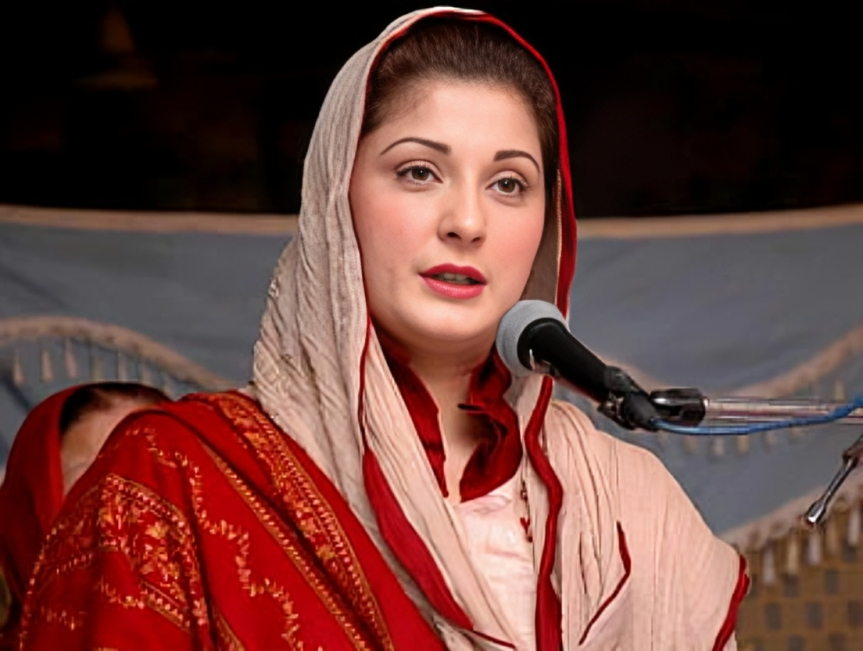
Maryam was born in Lahore, a city renowned for its vibrant culture and history. Since childhood, she has observed the political developments in her home, where her family engaged in significant political activities, such as celebrating National Day and demonstrating in support of various government and public service initiatives. She received her early education at the Convent of Jesus and Mary in Lahore, which served as a foundation for her intellectual growth. Later, she attended Punjab University, where she successfully completed all her bachelor’s degrees. Although controversies and questions surfaced regarding her academic journey, they cannot overshadow the undeniable political role she has played.
Entry into Politics
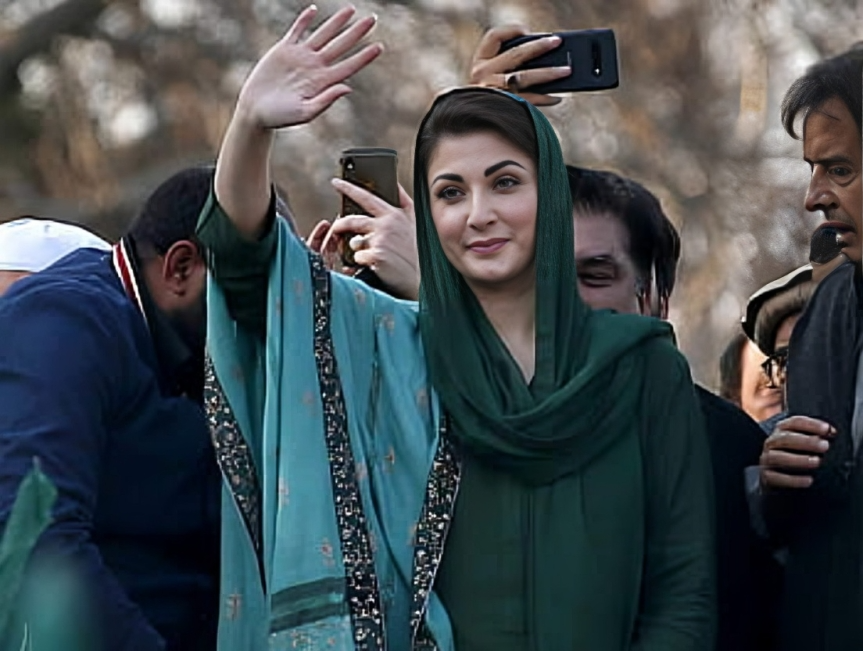
Maryam Nawaz’s entry into politics was not immediate. For much of her early life, she remained away from the public eye, focusing on her family and charitable activities. However, the political turmoil faced by her family, particularly during Nawaz Sharif’s tenure, brought her to the forefront. Her involvement became more prominent during the 2013 general elections when she actively participated in PML-N’s campaign.
She formally entered politics in 2012, assuming the role of chairperson for the Sharif Trust, an organization focused on philanthropic activities. This position allowed her to engage with the public and understand their issues, laying the groundwork for her political career.
Challenges and Legal Battles
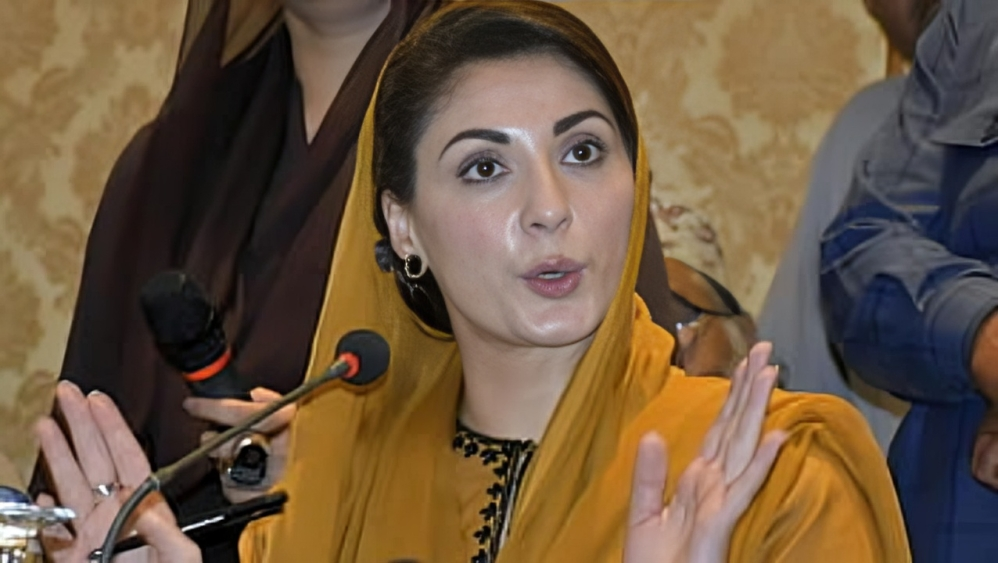
Maryam’s political journey has been anything but smooth. Her family has faced numerous allegations of corruption, leading to multiple legal battles. The Panama Papers leak in 2016 brought Maryam under scrutiny, with accusations of owning offshore companies and properties. She denied the allegations, maintaining that her wealth and assets were legitimate.
In 2018, she was sentenced to prison along with her father and husband, Captain (Retd) Safdar, in the Aven-field Apartments case. The verdict was a significant setback for her political ambitions. However, Maryam’s resilience shone through as she continued to address her supporters and challenge the judiciary’s decision. Her time in prison further solidified her image as a leader willing to stand firm in the face of adversity.
Role in PML-N
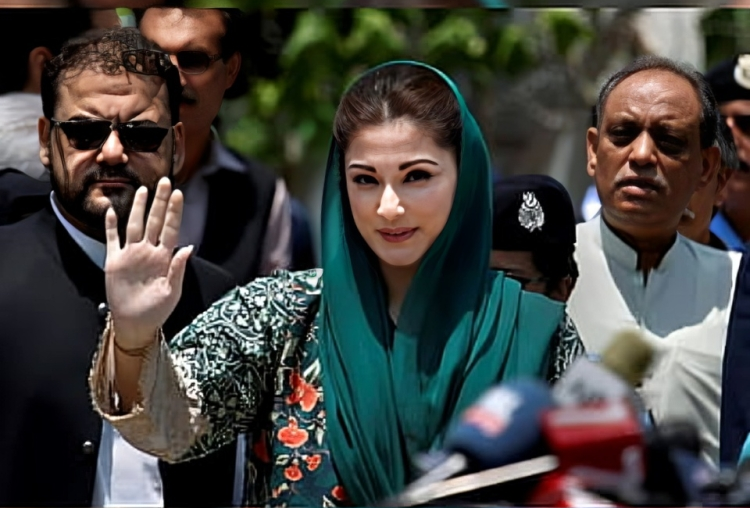
Maryam Nawaz has become an influential figure within the PML-N. Her fiery speeches and unwavering stance against political rivals have made her a crowd-puller. She is often seen as the voice of the younger generation within the party, advocating for democracy and civilian supremacy. Despite facing criticism and resistance, even from within her party, she has managed to hold her ground.
Her leadership was particularly evident during the Pakistan Democratic Movement (PDM) rallies in 2020. As a vocal critic of the ruling Pakistan Tehreek-e-Insaf (PTI) government, she highlighted issues such as inflation, unemployment, and governance failures. Her ability to connect with the masses has earned her a loyal following, especially among young voters and women.
Personal Life
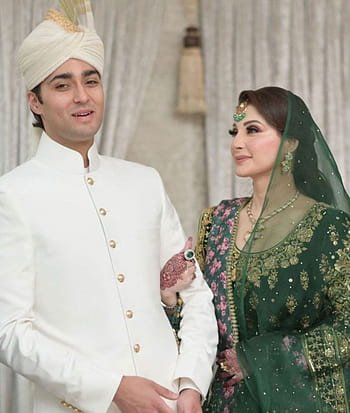
Captain (Retd) Muhammad Safdar Awan and Maryam Nawaz are married, and the two of them have three kids. Despite her demanding political career, she has managed to balance her responsibilities as a mother and a leader. Her personal life has often been under public scrutiny, but she has remained focused on her political objectives.
Challenges Ahead
Maryam Nawaz’s journey is far from over. As she continues to navigate the complex world of Pakistani politics, she faces numerous challenges. The political environment in Pakistan is highly polarized, with frequent accusations and counter-accusations. Maryam’s ability to lead her party in such turbulent times will determine her political legacy.
Moreover, questions about dynastic politics and her readiness to lead a national party remain. Critics argue that her rise is due to her family name, while supporters believe she has earned her place through sheer determination and hard work. Her political strategies in the coming years will be crucial in shaping her future.
Conclusion
Maryam Nawaz is a living example of perseverance in the face of hardship. Her journey from a relatively private individual to a prominent political leader is a story of courage and perseverance. While her critics continue to question her credentials, her supporters see her as a beacon of hope for a better Pakistan. As the political landscape evolves, Maryam Nawaz’s role will undoubtedly remain significant, shaping the future of her party and the country.






